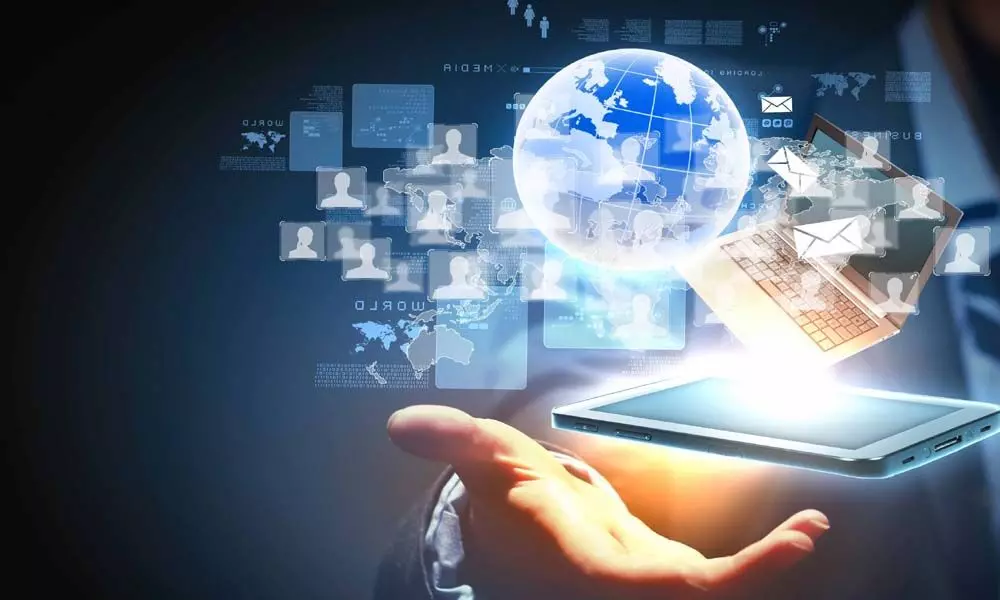In today’s digital age, reliable internet connectivity is a cornerstone of daily life and business operations. Whether you’re working from home, managing a growing enterprise, or streaming your favorite shows, the need for fast, stable, and dependable internet cannot be overstated. For residents of Moorhead and businesses in Fargo, selecting the right internet service provider is critical to ensure seamless connectivity and optimal performance.

Understanding Internet Needs
When looking for an internet provider in Moorhead, it’s essential to assess your specific needs. Factors such as household size, the number of connected devices, and online activities all play a role in determining the best plan for you. For example:
- Light Users: If your internet usage is limited to browsing, emails, and occasional streaming, a basic plan may suffice.
- Heavy Users: For households with multiple users streaming 4K videos, gaming, or working remotely, higher-speed plans are essential.
- Businesses: Companies require robust




